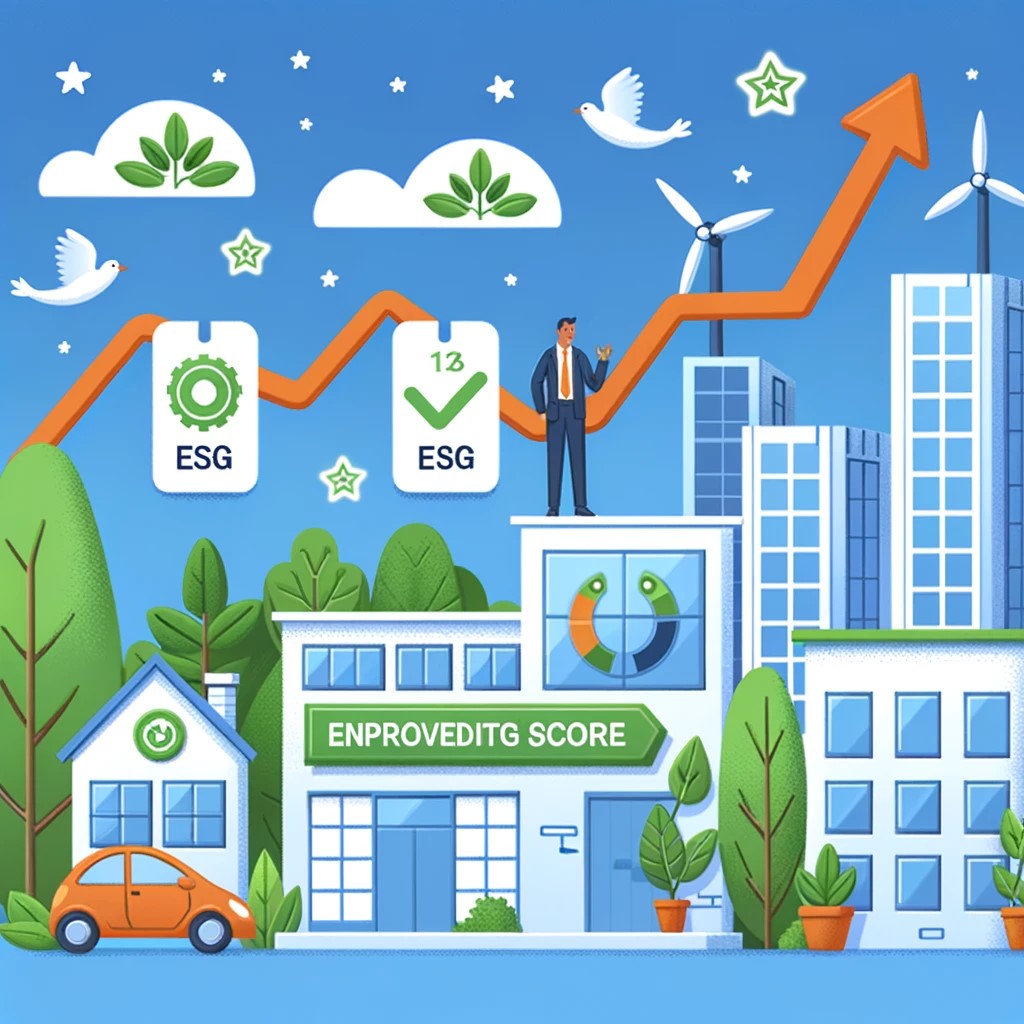In recent years, Environmental, Social, and Governance (ESG) criteria have gained significant traction in the financial world. Investors, regulators, and consumers are increasingly recognizing the importance of sustainable and ethical business practices. ESG criteria, which assess a company's environmental stewardship, social responsibility, and governance practices, are now pivotal in evaluating corporate performance and value. This shift is reshaping how companies are valued, with profound implications for their future growth and sustainability.

Current Trends in ESG and Corporate Valuations
One of the most notable trends is the integration of ESG criteria into investment decision-making processes. Traditionally, financial performance was the primary metric for evaluating corporate value. However, there is a growing recognition that ESG factors can significantly impact long-term financial performance. For instance, companies with strong environmental practices may be less exposed to regulatory risks and potential liabilities associated with environmental damage. Similarly, those with robust social and governance practices are likely to foster better stakeholder relationships, enhance brand loyalty, and mitigate the risks of scandals or governance failures.
Investors are increasingly incorporating ESG scores into their evaluation frameworks. Many asset managers and institutional investors now use ESG ratings provided by specialized agencies to screen investments. Companies with high ESG scores are often perceived as lower risk and more likely to deliver sustainable returns. This trend is reflected in the growing popularity of ESG-focused funds, which have seen substantial inflows of capital in recent years. According to Morningstar, ESG funds attracted record investments in 2020, highlighting the shifting investor preferences towards sustainable investments.

Future Predictions for ESG's Impact on Valuations
Looking ahead, the influence of ESG criteria on corporate valuations is likely to intensify. One prediction is the increasing standardization and integration of ESG metrics into financial reporting. As more companies adopt comprehensive ESG reporting practices, ESG data will become a critical component of financial analysis. This shift will enable investors to better assess the long-term risks and opportunities associated with their investments, leading to more accurate valuations.
Moreover, the growing emphasis on climate change and sustainability is likely to drive further integration of environmental criteria into corporate valuations. Companies that proactively address climate risks and transition to more sustainable business models will be better positioned to attract investment and maintain higher valuations. Conversely, those that fail to adapt may face declining investor interest and lower valuations due to perceived higher risks.

Conclusion
The impact of ESG criteria on corporate valuations is undeniable and is set to grow stronger in the coming years. As investors, regulators, and consumers increasingly prioritize sustainability and ethical practices, companies must adapt to meet these expectations. Those that successfully integrate ESG principles into their operations and reporting will likely see enhanced valuations, while those that lag may face significant challenges. Embracing ESG is no longer just a matter of compliance or corporate responsibility; it is a strategic imperative for long-term value creation and success in the evolving financial landscape.





